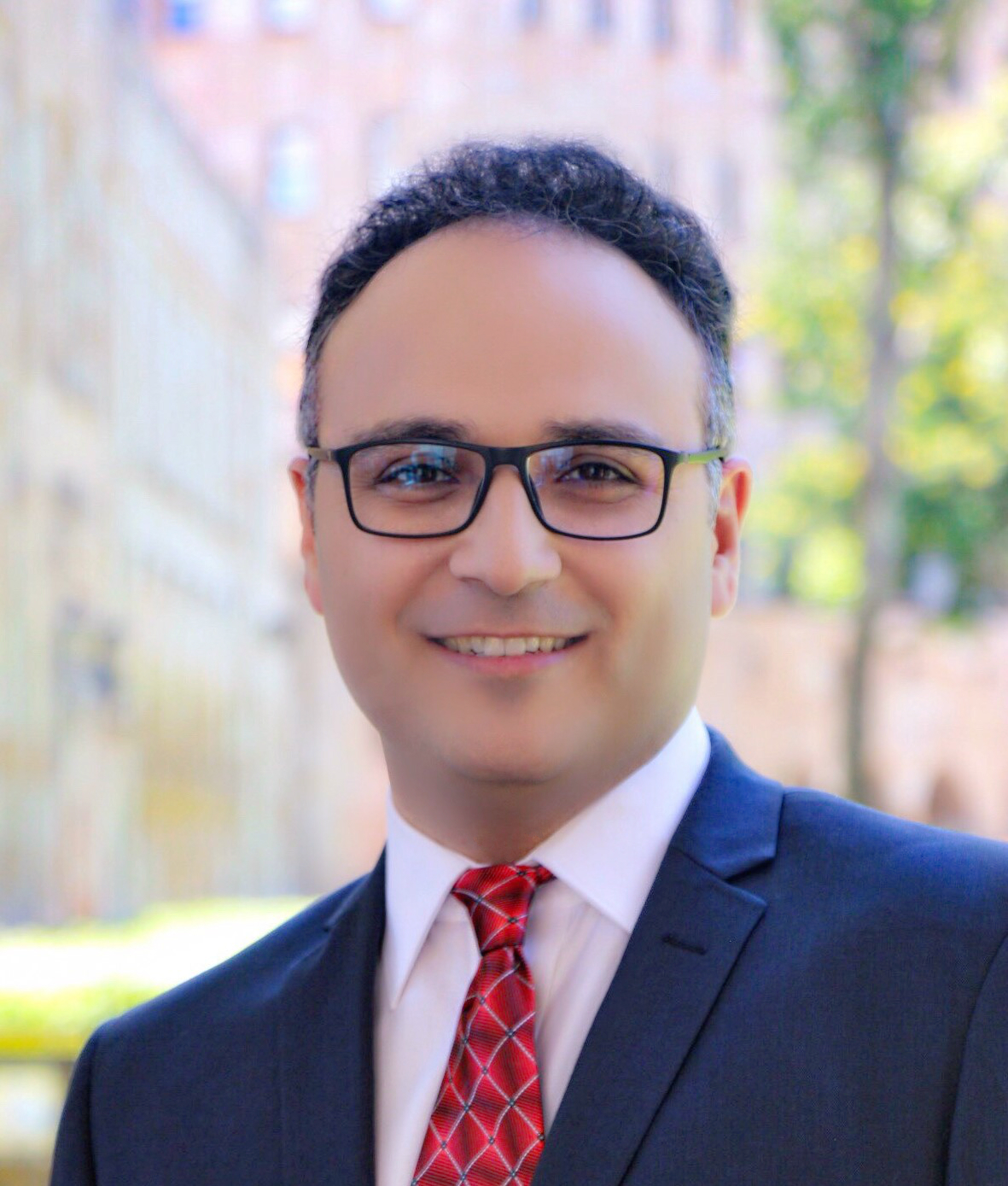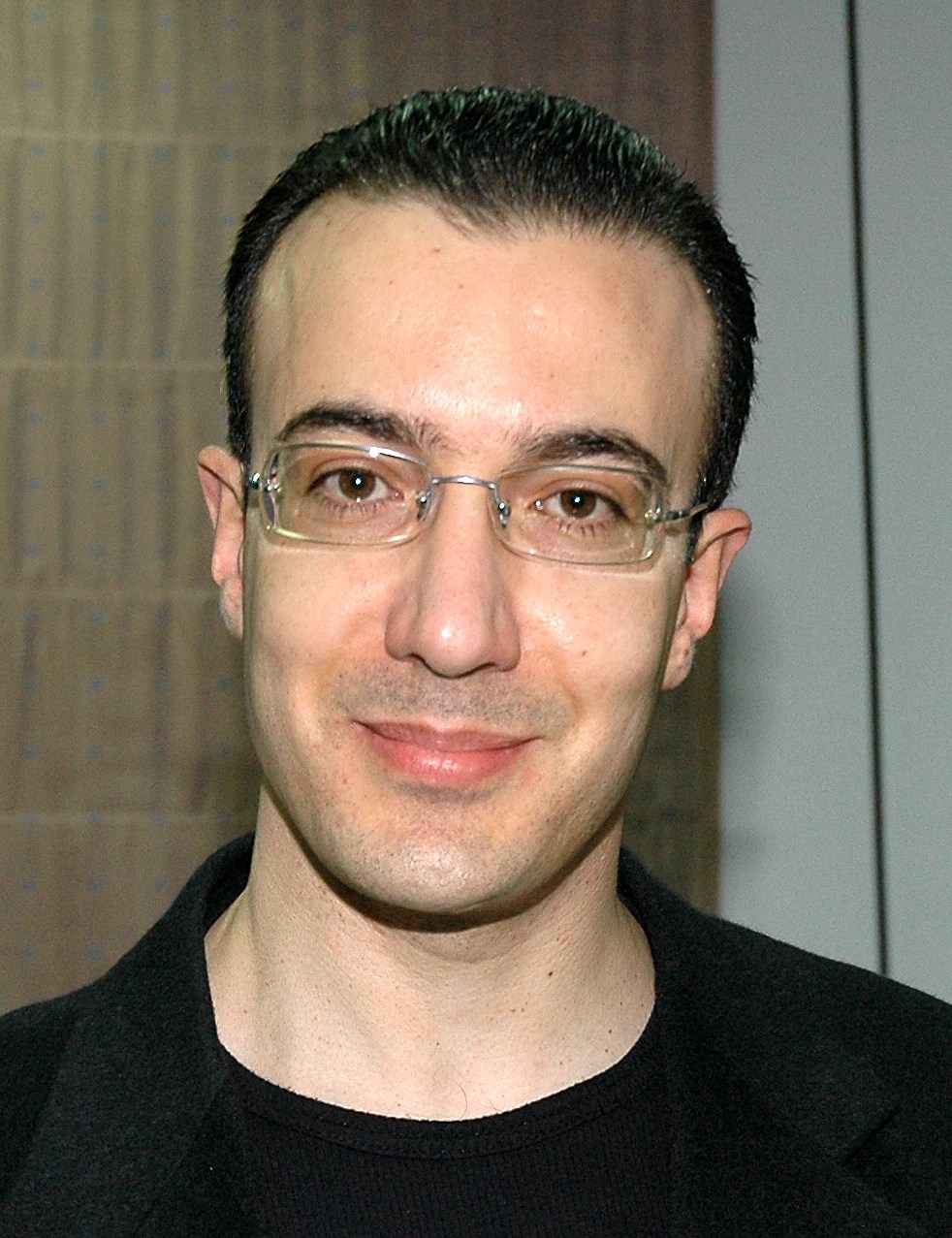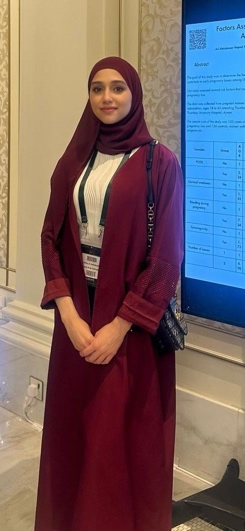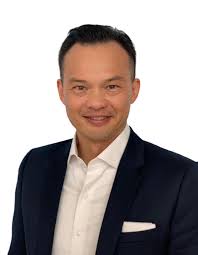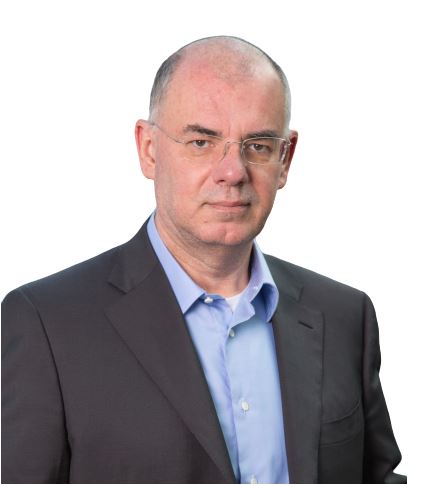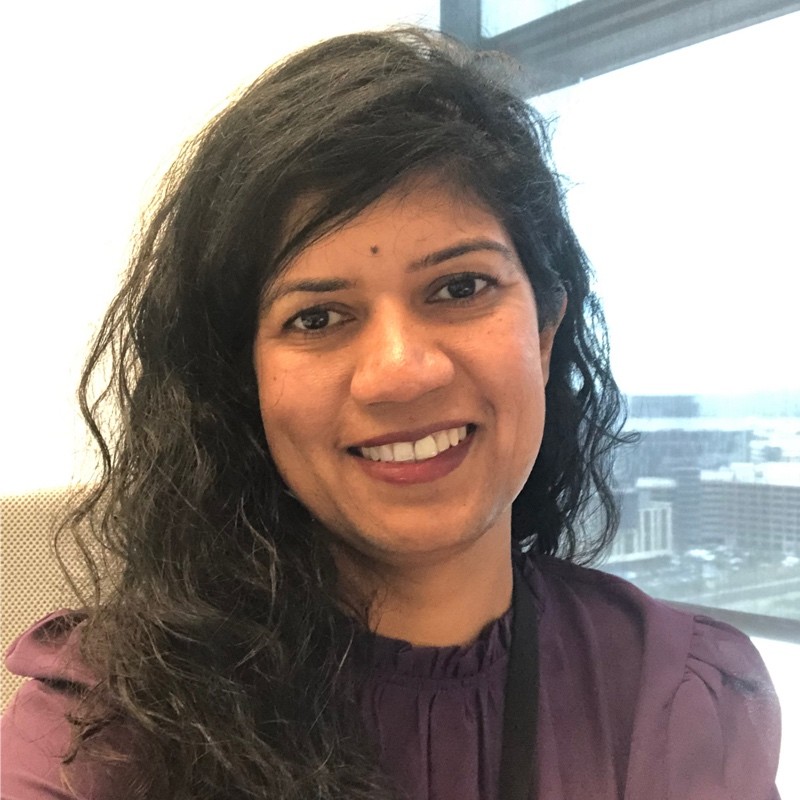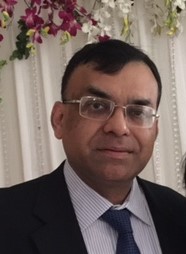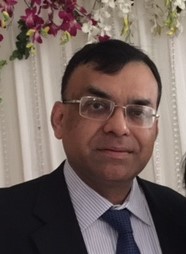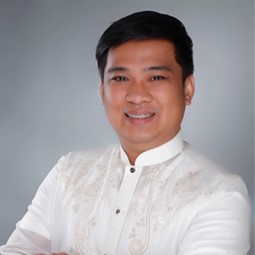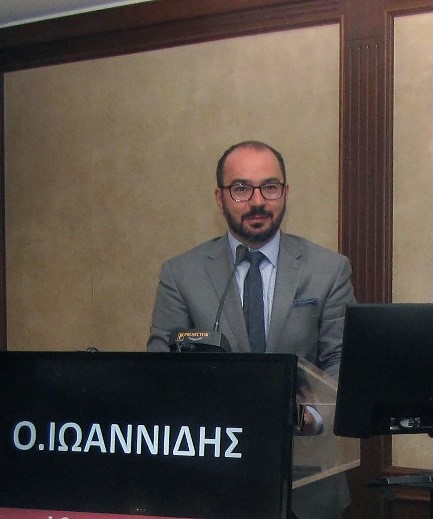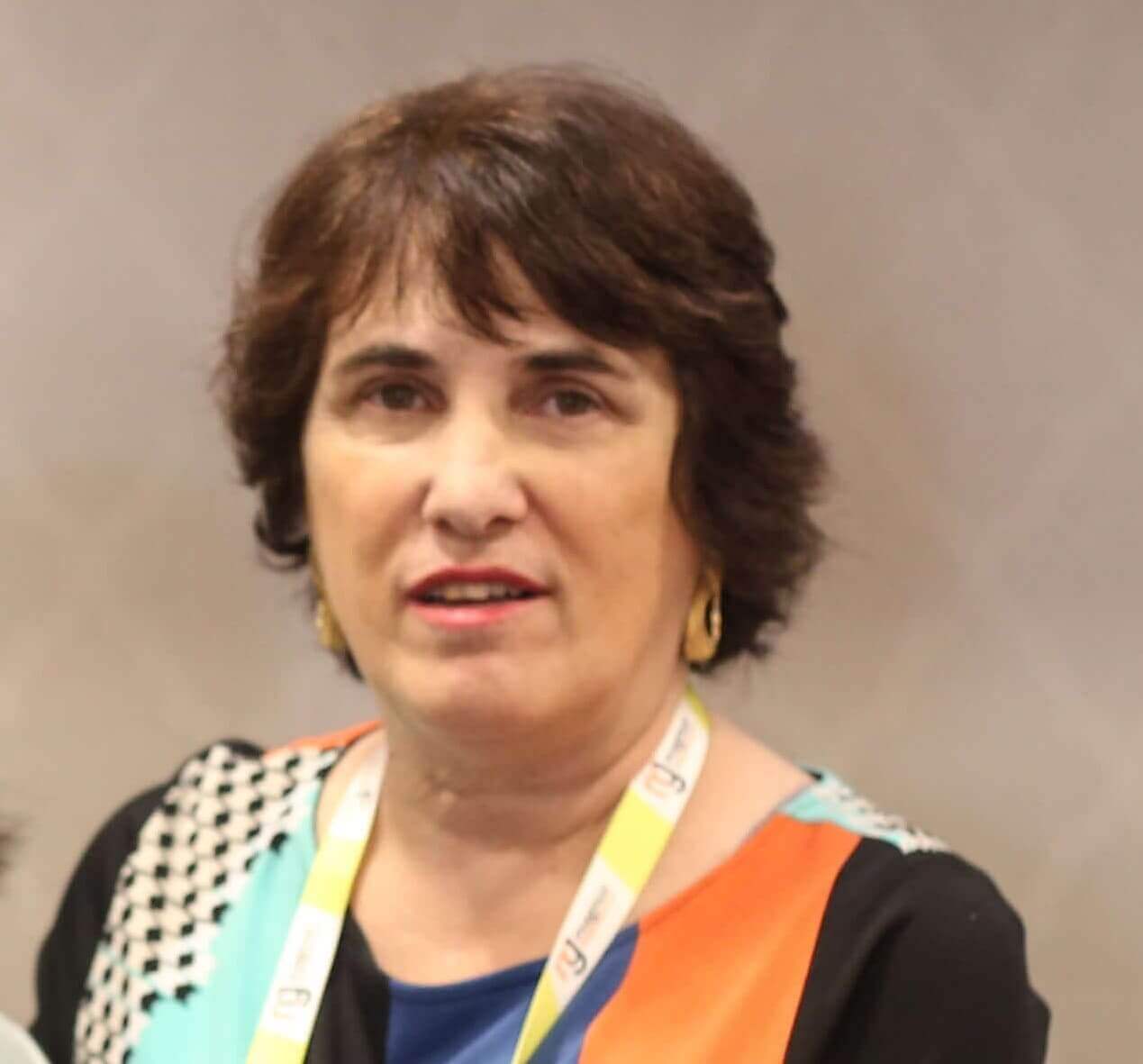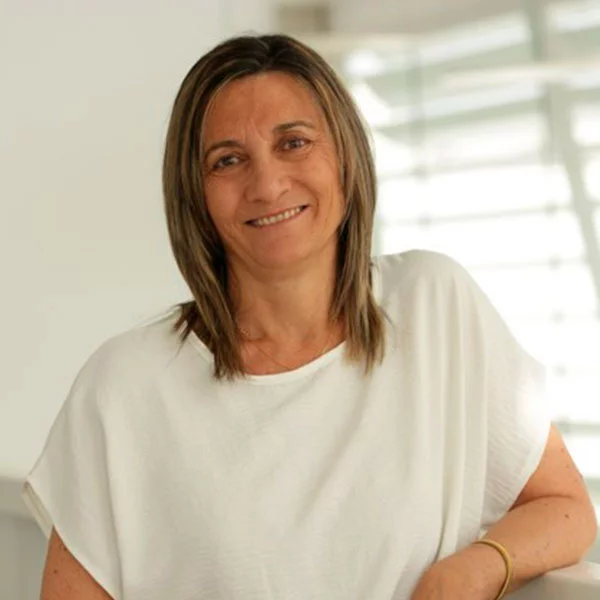Abhaya Gupta trained in India then moved abroad after his postgraduate MD degree. He has extensive experience of managing acute medical and elderly Medicine issues at hospitals in India, Middle East and UK. He is currently working as Consultant Medicine and Care of Elderly since last 20 years at a teaching hospital in United Kingdom. He is a teacher and trainer for junior doctors/ nursing and multidisciplinary team members, examiner for Cardiff Medical School . He also is practising Acute Clinical Physician in hospital. He has specialist expertise and experience in Orthogeriatrics. He commenced and leads specialist osteoporosis service at UK hospital, had first patient on Injection Romosozumab in Wales. He was a pioneer at commencing Acute Collaborative Orthogeriatrician led Acute Hip Unit since 2011 for patients with Hip Fractures- first of its kind in Wales,UK - a unique award winning service. He is Editorial Board member of ‘Geriatric Medicine’ , reviewer of ‘Age and Ageing’ journal and member of local specialist societies. He has published widely in several peer reviewed journals, presented his research as posters at several national and International meetings and conferences. He has published a book ‘Measurement scales in Elderly Medicine’. He is member of GOSI (Geriatric Orthopaedic Society of India) and has been invited as speaker at GOSICON and GERICON conferences. His main hobby is helping his Psychiatrist wife in house gardening jobs
Abstract:
Objectives: Vitamin D deficiency is defined as a risk factor for osteoporotic fractures but the prevalence in the subgroup of frail older hospitalized patients is not clear. We sought to investigate the prevalence and predictors of vitamin D deficiency in frail older hospitalized patients.
The aim of this study was to evaluate serum levels of 25-hydroxyvitamin D (25OHD) in high fracture risk hospitalised patients with or without fragility fractures
Methods: we measured the serum 25OHD levels of 45 patients admitted with vertebral fractures, 87 patients with hip fractures, 35 patients with Parkinsons disease , 220 patients with frailty to evaluate the prevalence of vitamin D insufficiency. Those who were receiving antiosteoporosis therapy including vitamin D were excluded. Serum 25 (OH)D concentrations < 29.9 nmol/L and between 30 and 49.99 nmol/L were classified as deficient and insufficient, respectively, whereas concentrations ?50 nmol/L were considered as desirable. A stepwise binary logistic regression model was performed to assess the simultaneous effects of age, gender and comorbidities on the prevalence of low vitamin D concentration.
Results: Mean age of the cohort was 83.6±8.0 years (72% females) only 5% had desirable serum concentrations ?50 nmol/L , 25% had concentrations in insufficiency range 70% were in deficiency range. Vitamin D deficiency and insufficiency was prevalent in high fracture risk patients (71%) and more common in female patients (78%). Univariate logistic regression analysis showed age, gender, bone mass index (BMI), femoral neck BMD, calcium, and vitamin D levels were significantly different between patients with fragility fractures and the control group. 25OHD levels was not significantly associated with their underlying diseases, such as diabetes mellitus, hypertension or stage of chronic kidney disease but were significantly lower in patients with recurrent falls and frailty. The other markers, albumin, alkaline phosphatase, PTH were not significantly associated with 25OHD levels.
Conclusion: In the group of frail older hospitalized patients without previous vitamin D supplementation, the prevalence of inadequate vitamin D concentrations is extremely high. Vitamin D insufficiency is likely to be an important risk factor for fragility fractures as well as patients with recurrent falls and frailty in both men and women but more pronounced in females. Therefore, usefulness of the routine measurement of vitamin D status before initiating of supplementation appears to be questionable in this patient group. Further studies to evaluate possible routine supplementation of Vitamin D (simple and cheap intervention) to derive its benefits in this high risk group is needed.
